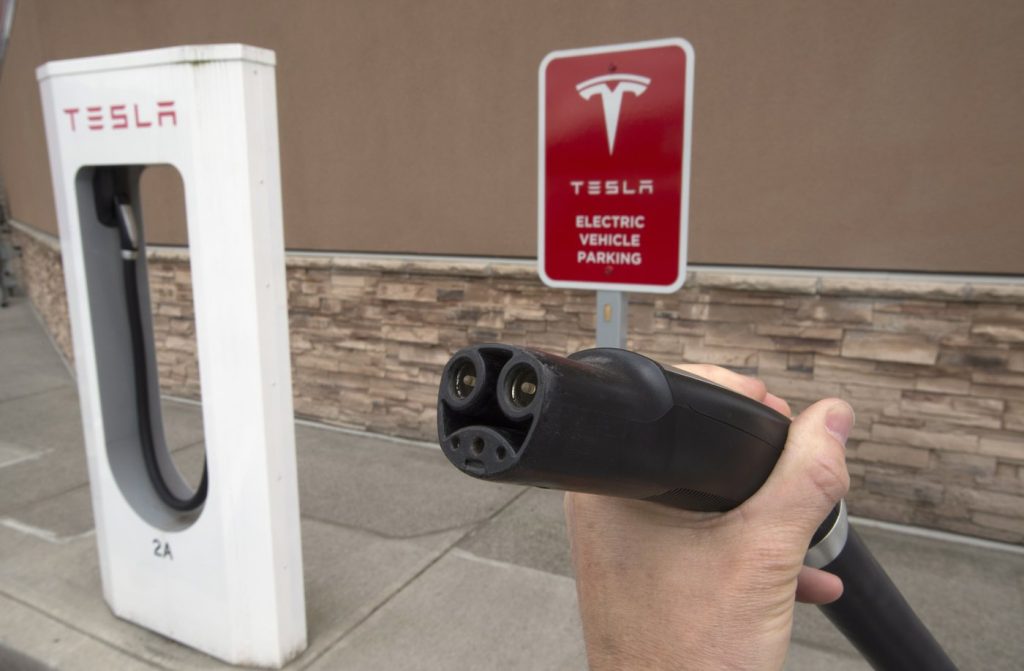VANCOUVER – BC Hydro has announced the removal of Tesla products from its electric vehicle rebate program as a strategic response to tariff threats from the United States. This decision comes as part of a broader initiative by the provincial government to prioritize Canadian-made goods and limit the inclusion of U.S. products in rebate programs whenever feasible.
According to the information available on BC Hydro's website, the exclusion of Tesla products from the rebate scheme became effective on March 12, 2025. However, it is important to note that Tesla products that were purchased or received pre-approval for rebates before this date will still qualify under the existing terms.
The rebate program provides incentives covering up to 50 percent of the purchase and installation costs for home electric vehicle chargers, with a cap of $350. This move to exclude Tesla incorporates the brand's chargers, batteries, and inverters, aligning with the government's efforts to support local businesses amidst growing economic tensions.
The decision comes in light of increasing trade disputes, particularly related to tariffs imposed by former U.S. President Donald Trump’s administration on Canadian goods, which have sparked a trade war. The exclusion of Tesla products from the rebate program reflects a significant shift in BC Hydro's policy, aimed at fostering the development and sale of Canadian electric vehicle infrastructure.
Tesla, under the leadership of CEO Elon Musk, has often been associated with high-profile controversies regarding international trade, particularly with Canada. The response from BC Hydro signals a broader commitment from the provincial government to safeguard its local economy and minimize reliance on U.S. imports.
This strategic pivot is part of an ongoing effort to create a supportive environment for Canadian businesses in the rapidly evolving electric vehicle market, where government rebates play a crucial role in consumer decision-making. The exclusion of Tesla not only underscores the provincial government’s stance against U.S. tariffs but also its dedication to promoting domestic alternatives.










